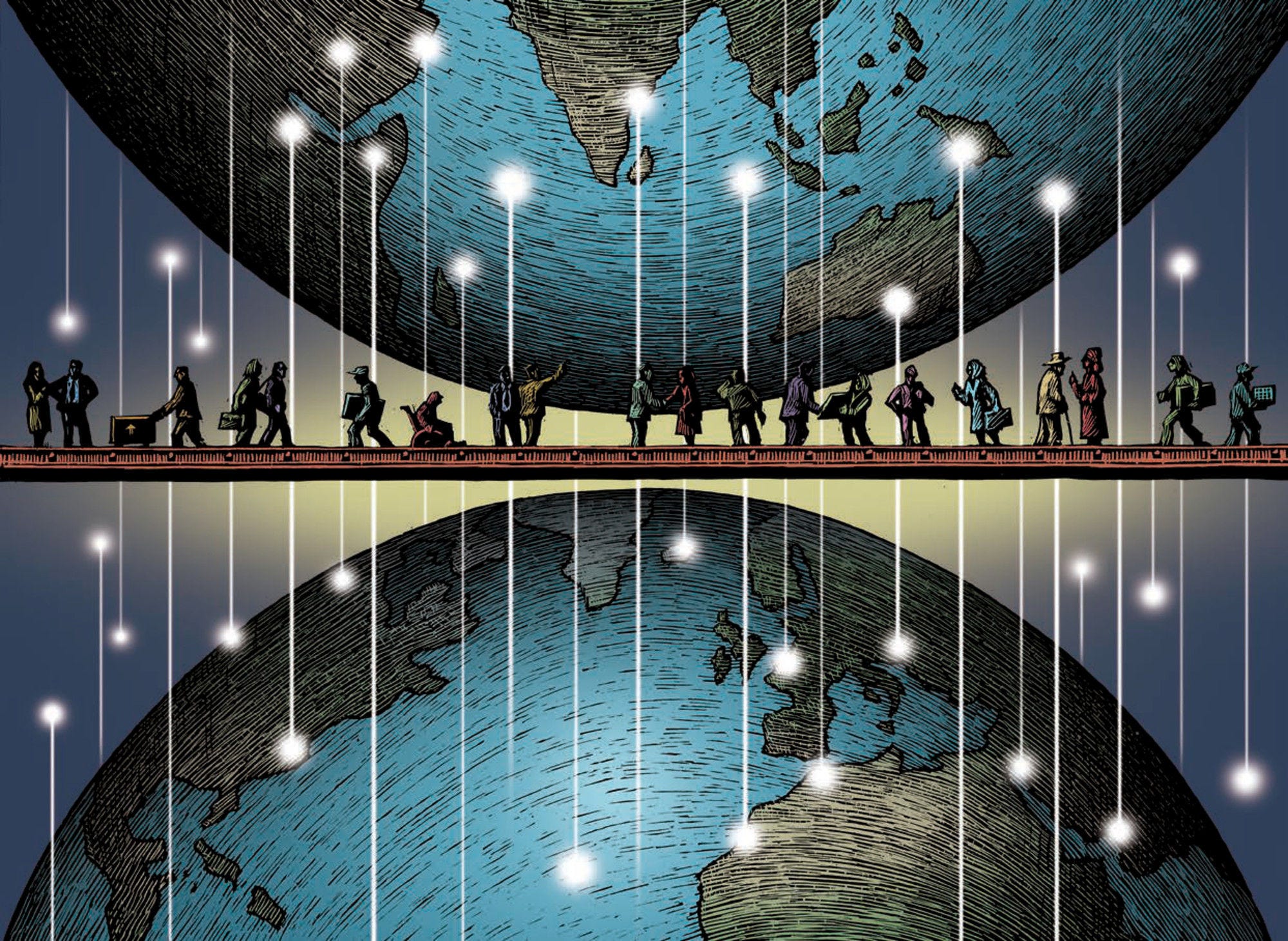In 2018, 17 000 new immigrants obtained a residence permit longer than 12 months in the Slovak Republic (excluding EU citizens), 72.2% more than in 2017. This figure comprises 64.1% labour migrants, 14.3% family members (including accompanying family), 11.1% who came for education reasons and 10.5% other migrants. Around 400 short-term permits were issued to international students and 3 100 to temporary and seasonal labour migrants (excluding intra-EU migration). In addition, 14 000 intra-EU postings were recorded in 2018, an increase of 2.8% compared to 2017. These posted workers are generally on short-term contracts.
The Czech Republic, Hungary and Romania were the top three nationalities of newcomers in 2018. Among the top 15 countries of origin, Romania registered the strongest increase (100) and Italy the largest decrease (‑100) in flows to the Slovak Republic compared to the previous year.
In 2019, the number of first asylum applicants increased by 38.7%, to reach around 200. The majority of applicants came from Afghanistan (85), Iran (45) and Armenia (15). The largest increase since 2018 concerned nationals of Afghanistan (+55) and the largest decrease nationals of Yemen (‑20). Of the 90 decisions taken in 2019, 38.9% were positive.
Following changes introduced in May 2018 to the labour migration regulations, in particular a labour market test waiver for work permit applications under certain conditions, a new law took effect in January 2019 to streamline the processing of work authorisation applications. For shortage occupations, the maximum processing time has been reduced from 90 to 30 days. In addition, the list of shortage occupations will now be updated on a quarterly basis instead of annually. The labour market test has also been shortened: vacancies need to be posted by employers for 10 days instead of 15 days. However, employers must now report all vacant positions to the Labour Office, including shortage occupations and positions to be filled by EU and Slovak nationals. Previously, employers could post vacancies through less formal channels. The goal of this change is to allow the Labour Office to identify shortage occupations more precisely.
The new law also changes some documentary requirements. Applicants for most work authorisation types are no longer required to submit a legalised diploma with their application. Legalised degrees are now only required for applications for regulated occupations. However, most applicants must now submit a Municipality Consent document with their residence permit application. Finally, the Labour Office will now review the records of employers hiring foreign workers to determine whether any illegal employment occurred over the past five years, instead of the past two years under the previous law.
A new amendment was introduced in the Labour Code in January 2019 to prevent employers from imposing confidentiality about working conditions and wages to employees, with the goal of averting social dumping.
In May 2019, the Slovak Foreign Police launched an online system for foreign nationals to schedule residence permit appointments and register their residency. The new system streamlines the residency process as foreign nationals were previously required to queue early in the morning to obtain an appointment.
In September 2019, an Amendment to the Anti-bureaucracy Act was published, reducing the administrative burden related to labour mobility and conditions for the stay of third-country nationals by using public administration information systems. These legislative changes entered into force in January 2020.
In mid-March, police controls including medical check-ups started to be carried out at all internal borders with neighbouring countries to prevent the spread of COVID‑19. All international airports have been closed for passengers and international rail and bus transport have also been suspended. Apart from those with an authorisation to stay in the Slovak Republic, foreigners were not allowed to enter the country. Processing of permits has been mostly limited to renewals of temporary residence permits.
In connection with the COVID‑19 crisis situation, the Center for Labor, Social Affairs and Family has issued a guideline that stipulates that foreigners, whose stay and work permit should expire during the crisis plus one month, may stay on the territory and continue to work.
For further information:

